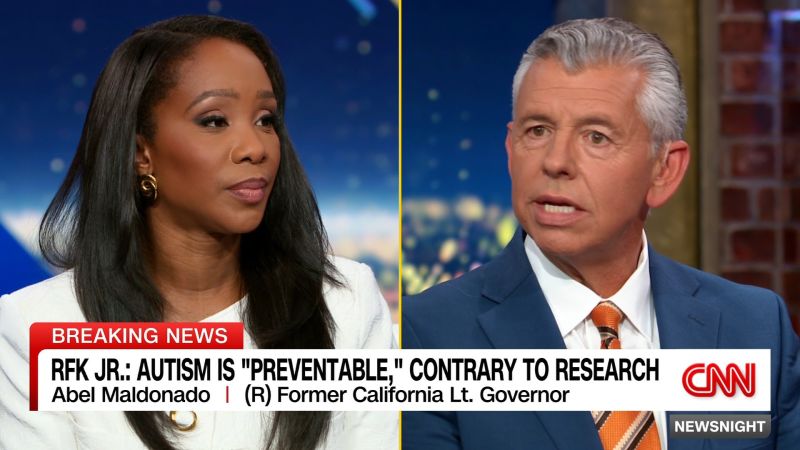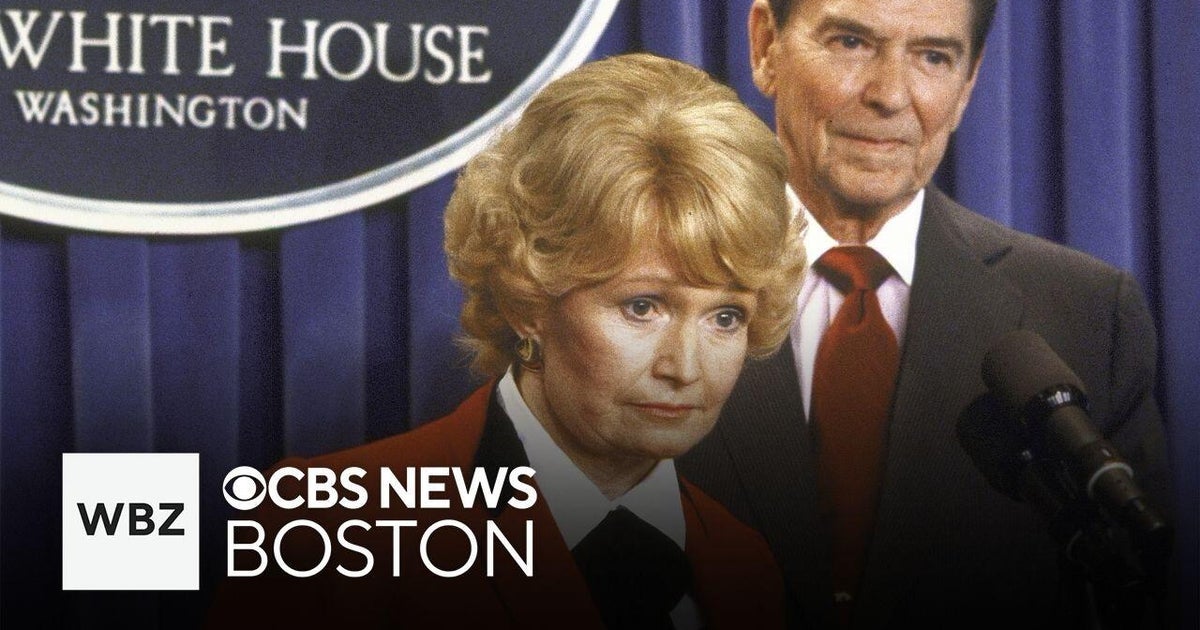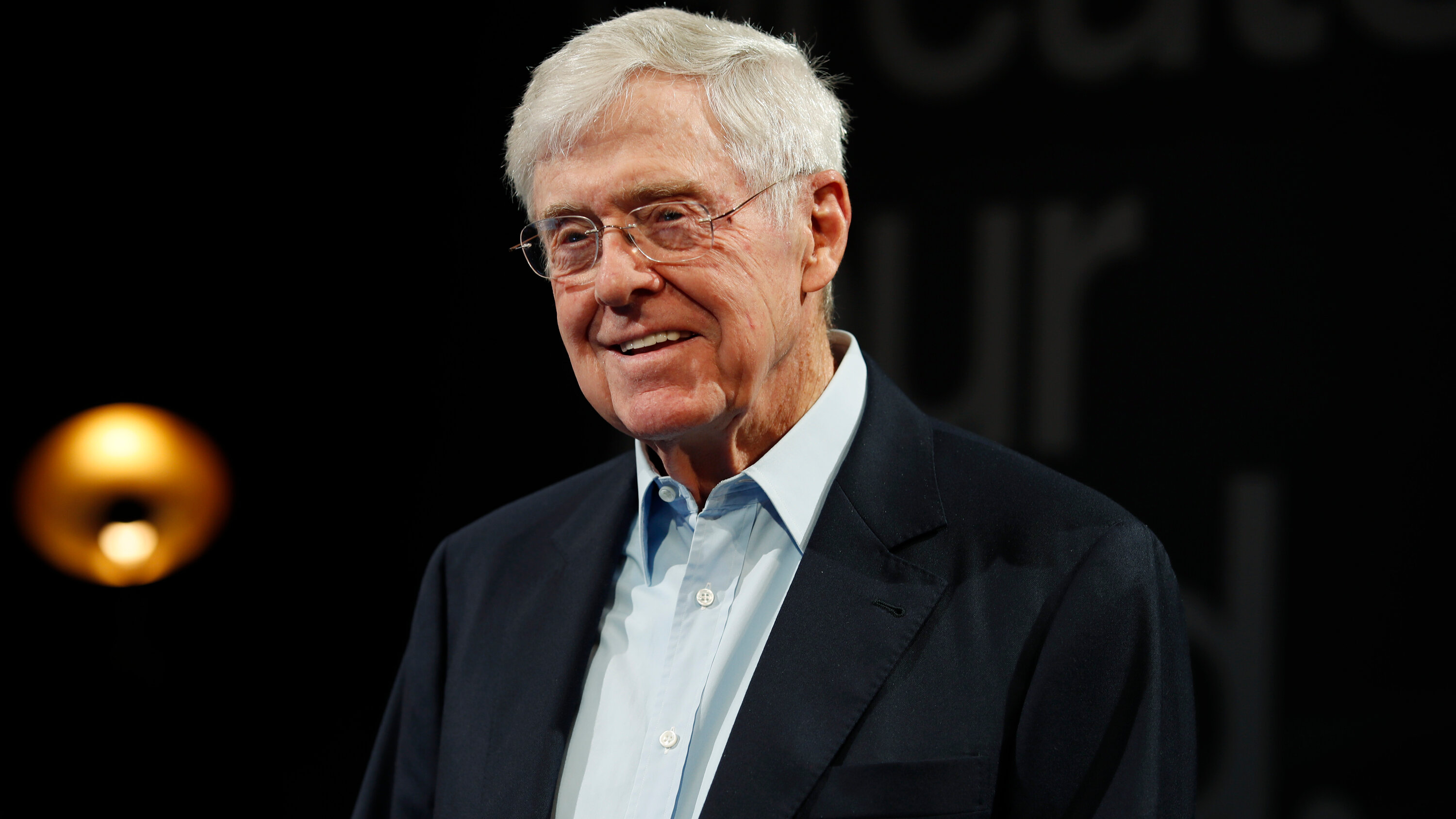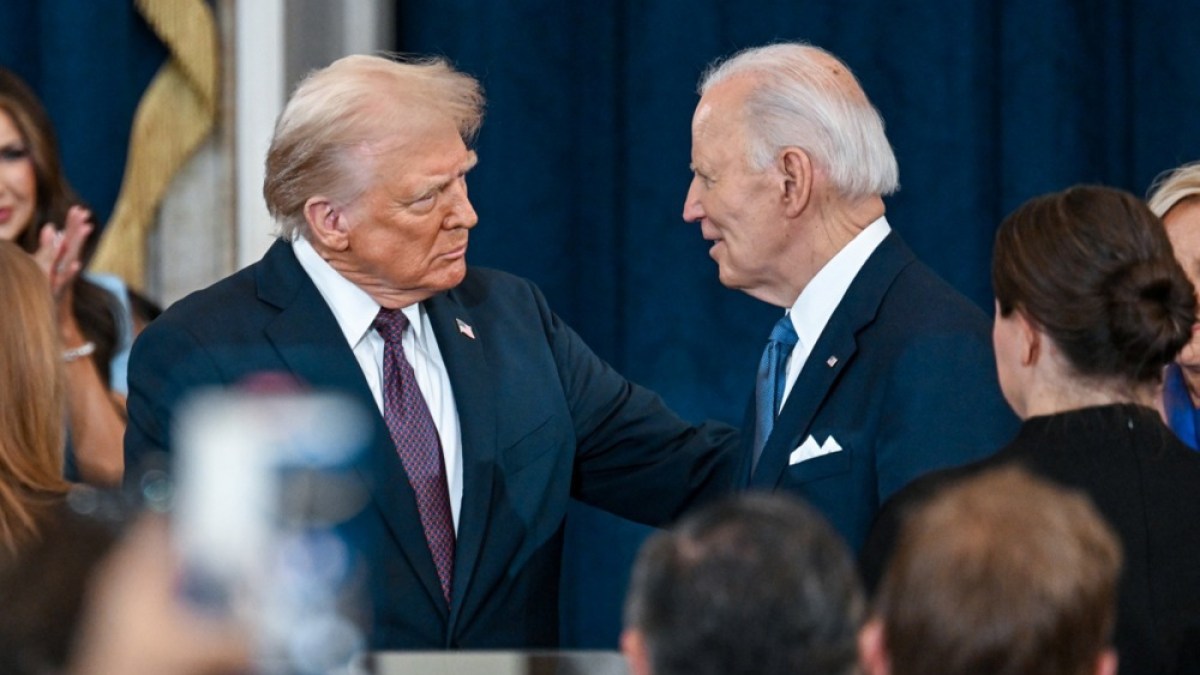GOP Lawmaker Breaks Ranks: Defending RFK Jr.'s Controversial Autism Stance
Politics
2025-04-17 03:46:23Content

In a controversial statement, Health and Human Services Secretary Robert F. Kennedy Jr. has sparked debate by describing rising autism rates as a "preventable" epidemic, challenging established medical consensus. His claims have drawn mixed reactions from public figures and medical professionals.
Former California Lt. Governor Abel Maldonado publicly supported Kennedy's perspective, while medical expert Dr. Chris Pernell expressed skepticism, questioning the source of Kennedy's assertions. Dr. Pernell pointedly noted that Kennedy's claims appear to lack substantive scientific backing.
The remarks have reignited discussions about autism research, highlighting the ongoing tension between public perception and scientific understanding of neurodevelopmental conditions. Medical experts continue to emphasize the importance of evidence-based research and comprehensive support for individuals and families affected by autism.
Kennedy's statements underscore the complex and sensitive nature of autism discussions, calling for nuanced, compassionate, and scientifically grounded approaches to understanding and addressing the condition.
Autism Epidemic: Unraveling the Controversial Claims of Robert F. Kennedy Jr.
In the complex landscape of public health discourse, few topics spark as much debate and emotional response as the ongoing discussions surrounding autism. Recent statements by prominent political figure Robert F. Kennedy Jr. have reignited a contentious dialogue about the nature, prevalence, and potential causes of autism spectrum disorders, challenging established medical understanding and scientific consensus.Challenging Medical Narratives: When Advocacy Meets Scientific Scrutiny
The Controversial Perspective of Robert F. Kennedy Jr.
Robert F. Kennedy Jr.'s assertion of autism as a "preventable" crisis-level epidemic represents a provocative challenge to mainstream medical research. His claims diverge significantly from the scientific community's established understanding, creating a complex narrative that demands careful examination. Medical professionals and researchers have consistently emphasized the multifaceted nature of autism, rejecting simplistic explanations that suggest straightforward prevention or singular causative factors. The complexity of autism spectrum disorders involves intricate interactions between genetic predispositions, environmental influences, and neurological development. Kennedy's broad characterization risks oversimplifying a nuanced medical condition that affects millions of individuals worldwide. His statements potentially undermine the ongoing research efforts aimed at understanding the intricate mechanisms underlying autism's manifestation.Professional Responses and Scientific Pushback
Medical experts like Dr. Chris Pernell have been quick to challenge Kennedy's narrative, questioning the scientific basis of his claims. The medical community remains committed to evidence-based research, emphasizing the importance of rigorous scientific methodology in understanding complex neurological conditions. Political figures such as former California Lt. Governor Abel Maldonado have entered the debate, offering support for Kennedy's perspective. This political endorsement highlights the broader societal implications of such controversial statements, demonstrating how medical discussions can quickly become politicized and polarized.Understanding Autism: Beyond Simplistic Narratives
Autism spectrum disorders represent a complex neurological condition characterized by diverse manifestations of social interaction challenges, communication differences, and repetitive behavioral patterns. Modern scientific research suggests a sophisticated interplay of genetic and environmental factors contribute to its development. Contemporary medical understanding rejects reductive explanations, instead promoting comprehensive, holistic approaches to understanding and supporting individuals with autism. Researchers continue to explore genetic markers, neurological variations, and potential environmental influences that might contribute to autism's emergence.The Broader Implications of Public Health Discourse
Kennedy's statements underscore the critical importance of responsible public communication about complex medical issues. While passionate advocacy can draw attention to important topics, it must be balanced with scientific rigor and respect for established medical research. The ongoing dialogue surrounding autism highlights the delicate balance between public awareness, scientific investigation, and responsible communication. Medical professionals, researchers, and public figures must collaborate to ensure accurate, nuanced information reaches the public, supporting both scientific understanding and compassionate support for individuals and families affected by autism spectrum disorders.RELATED NEWS
Politics

Comedy Clash: White House Correspondents Axe Dinner Comedian Amid Controversy
2025-03-29 21:59:01
Politics

Breaking Barriers: Margaret Heckler's Trailblazing Political Legacy Unveiled
2025-03-31 10:50:00






